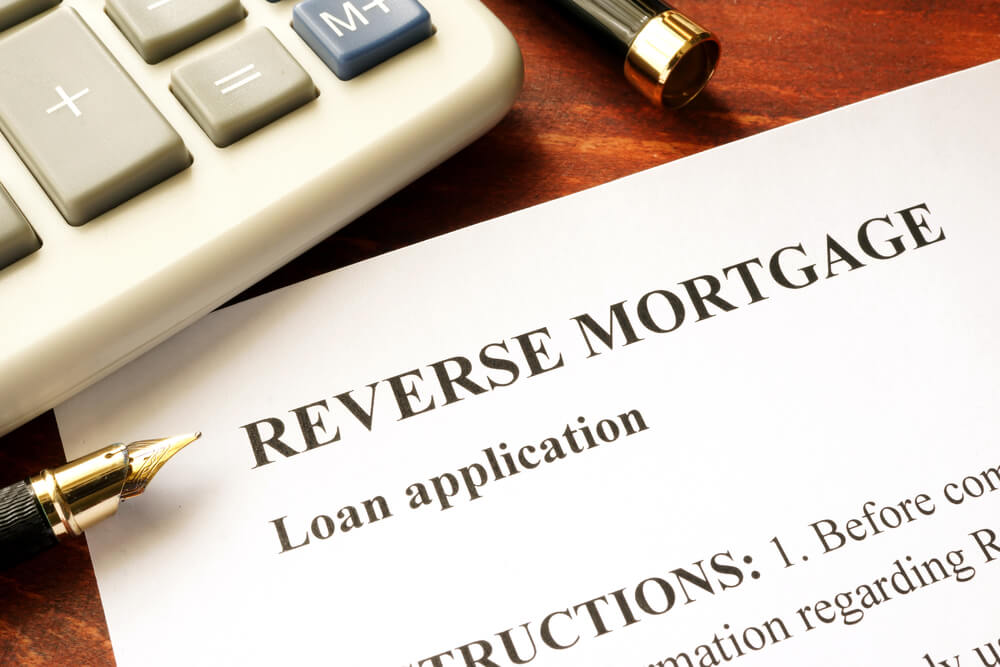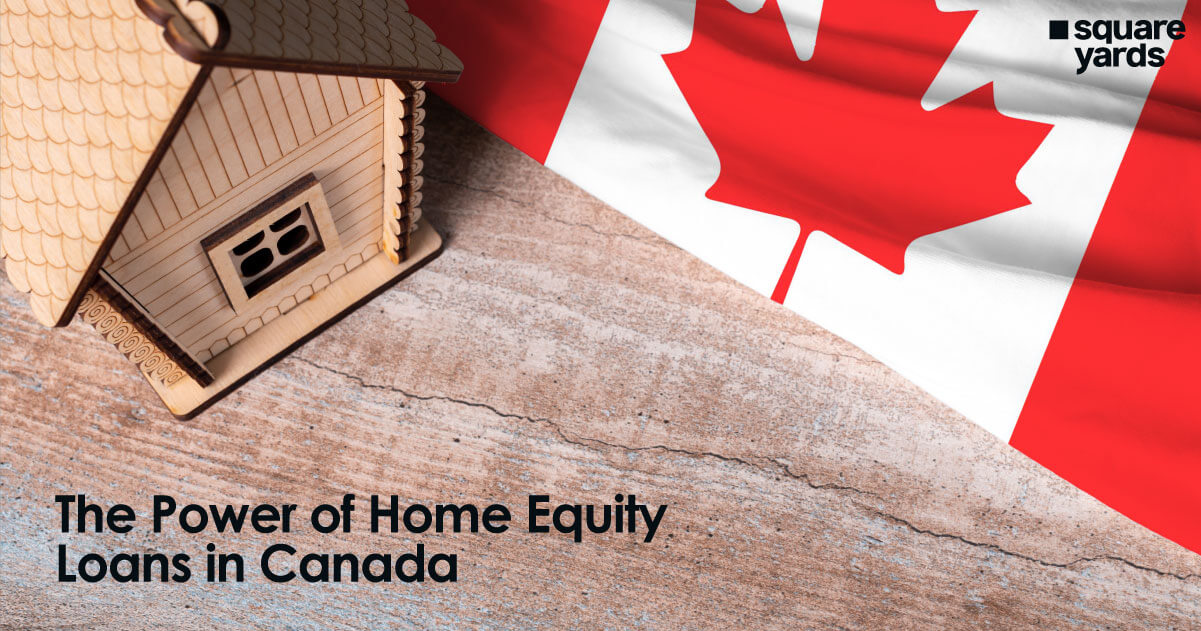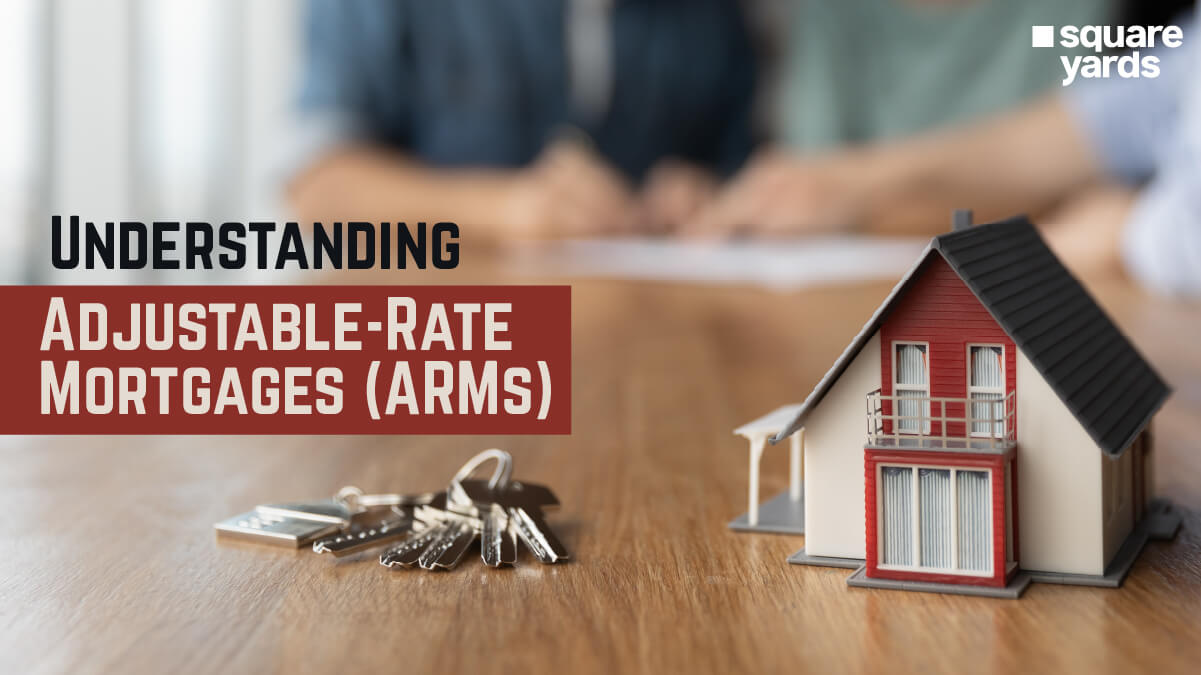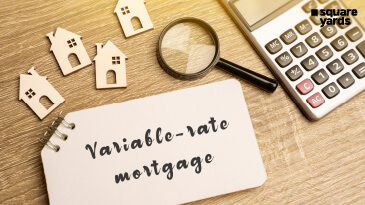Owning a home is a significant investment; over time, your property’s value builds and generates ‘home equity.’ But what is home equity loan in Canada? In this guide, we’ll delve into the world of home equity loan in Canada, explaining what they are, how they work, and the different ways you can tap into this valuable resource. We’ll also explore common uses for home equity financing, the requirements and qualifications, and helpful tips for building your equity over time. Whether you’re a seasoned homeowner or just starting your real estate journey, understanding home equity can empower you to make informed financial decisions!
Home Equity Loan in Canada: What Are They?
A home equity loan in Canada is a loan type through which you can borrow money against the value of your home. Equity is significant in this area. Equity refers to the worth of something that a person or corporation possesses. The definition varies slightly when the term ‘home’ is introduced. House equity is the value of a house that an individual or corporation can own. Let us provide an example to help you understand better. Suppose your property is worth $500,000, and you still owe the bank $300,000 on your mortgage. Your home equity is the $200,000 difference between your property’s value and the mortgage’s balance. A home equity loan is when you borrow money from a financial institution using your equity as collateral.
Workings of Home Equity Loan
A home equity loan in Canada can be issued as general borrowing against your home equity. You can borrow up to the amount of equity you have in your home. As equity is the difference between home value and mortgage, you can borrow only against 80% of the equity. For example, if your home value is $100,000 and you own 50% of the home’s equity, which is $50,000, then you can’t borrow more than $30,000. You must keep at least $20,000 (20% of $100,000) of the home equity to yourself. You can also use a reverse mortgage, which allows you to borrow up to 55% more than the value of your home.
Types of Home Equity Financing
There are several home equity loans Canada has to offer to homeowners. A home equity loan in Canada would only be considered a second mortgage if registered in the second rank behind the first mortgage, although sometimes the lender does not permit secondary financing. Depending on how the charge against the home’s title is registered, your home equity loan or line of credit (HELOC) may be part of your first mortgage if there is a collateral charge.
Term Loans and Mortgages
Term loans or mortgages can be issued at a fixed or variable rate and amortised over a suitable period for your needs. Term loans are usually amortised over shorter periods, such as 60 or 96 months, whereas mortgages are amortised over more extended periods, such as 25 or 30 years. Term loans usually come with a higher interest rate. However, they can be lowered if secured by your home’s equity. Conversely, if you have a more significant term loan, such as one used to purchase a car or a mobile home, you could ask the lender to set it up as a mortgage instead. A mortgage will make payments more manageable by amortising the repayments over a longer period, and the lender could provide a much lower rate than on a secured term loan.
Revolving Or Home Equity Line Of Credit (HELOC)
The equity in your home can secure a HELOC or a revolving line of credit. A revolving credit product will always come with a variable rate, whether secured or unsecured. The interest rate is a premium charged on your lender’s prime rate. It works similarly to a credit card but without the plastic, letting you withdraw money as needed. These lines of credit can be used to pay for significant expenses without making interest payments on unused portions. HELOCs are a great way to finance a project that may take time or have multiple vendors, such as home renovations.
Typical Applications of Home Equity Loans
Some of the common uses of home equity financing are mentioned below:
Debt Consolidation
Home equity financing can be a great way to clear off higher-interest debt, such as credit card debt, unsecured or consumer personal loans, and store cards, by consolidating all your debt into one payment. Before moving ahead with this solution, it’s best to discuss it with a mortgage expert and complete a cost analysis to ensure that it will save you time or money in the long run.
Borrowing To Get Ahead
Regarding your investments, time is of the essence. Contributing to your RRSP before the end of February can save you from paying a hefty income tax bill. With a HELOC, you can use such time-saving options without visiting the bank to borrow money or empty your chequing or savings account. Similarly, you can use your HELOC to apply a down payment towards an investment property or for a deposit when your offer on a home is accepted. These are great ways to use approved low-interest credit for time-sensitive investment options.
Home Renovations
House equity financing is an excellent method to pay for major remodelling projects, such as renovating your kitchen or bathroom or building onto your house. Typically, adding living space will raise the total value of your home.
Expenses for Emergency Situations
Home equity financing, through a HELOC, can be used in an unplanned emergency for unexpected bills, such as replacing a home appliance or repairing your car.
Educational Spendings
A home equity revolving line allows you to make timely payments for education expenses. Regardless of whether the education is for you or a spouse or child, the ability to make your payment without consulting your bank is a great advantage to those who proactively set up a line of credit under their collateral charge mortgage.
Methods for Getting Your Home Equity
There are two prominent ways to access your home equity. Below are both of the ways mentioned in detail:
Reverse Mortgage

Homeowners with a minimum age of 55 can opt for the reverse mortgage option. A reverse mortgage allows the homeowner to convert their home equity portion into cash. Also, to qualify for a reverse mortgage, you don’t need a minimum credit score or repayments. You can borrow up to 55% or more of your home’s value with a reverse mortgage. A reverse mortgage is a great financial help for senior homeowners to cover their expenses, help their children purchase a home, pay off debts, and more. Moreover, a great advantage for a senior homeowner is that they can retain the home equity without making payments on it.
Refinance
This is another method of accessing your home equity. Refinancing involves borrowing up to 80% of the value of your home. You’ll receive a new mortgage agreement for this. A refinance helps homeowners access their home’s equity by setting up a new mortgage, or HELOC. Additionally, refinancing also helps lower the interest and monthly payments. As the interest rates depend on your chosen mortgage plan, refinancing can positively change the interest rate, making the loan more affordable.
How To Get Your Home Equity Accessible
You need a good credit score and sufficient income to access home equity. Lenders perform a stress test based on the 25-year plan to determine if the borrower can handle the payments over time. You can check your credit report with a credit bureau in Canada. Timely repayments can help you maintain a healthy credit score. If you choose to refinance your mortgage, you must keep at least 20% of your home’s value.
Calculate Your Home Equity
To get your home’s equity value, you’ll be required to subtract the mortgage’s existing balance from your home’s current market value. You can easily find your home’s value by comparing the house sales in your area. To ascertain the market value of your home, you will need a professional evaluation! A professional home appraiser independently evaluates your property based on its general condition, size, location, major features, and amenities. Once this valuation has been validated, remove your outstanding mortgage debt to calculate your equity.
If you want clarity, your lender can supply you with the balance owed on your mortgage. Borrowing from your house is an excellent method to access the equity you’ve built up in your property. Let’s look at an illustration of how much home equity you may get! Home equity loans Canada offers are normally limited to 80% of your home’s value, less any mortgage debt owed to the lender. For example, suppose your home’s market value is $400,000, and you still owe $200,000 on your existing mortgage.
-
- $400,000 x 0.80 = $320,000
- $320,000 – $200,000 = $120,000
You may apply for a facility of up to $120,000. Depending on the type of facility you choose, you will either receive money in one lump sum (term loan or mortgage) or set up a HELOC to access them over time. Use Nesto’s mortgage calculators to determine how much equity you can get from your property.
Want to Build Home Equity?
Building your home equity over time can help you easily reach your financial goals and can be beneficial for future financial planning. It also helps with long-term financial security and wealth. Below are some useful tips you can use to build home equity:
Prepayment
This is the most simple way to build home equity. Prepayments help reduce principal and additional interest payments. If you pay off your mortgage sooner, your home equity will increase.
Renting Out
Renting out a portion of your house will allow you to gain extra income, which you can use to pay off your mortgage and build home equity. Also, the portion you’ll be renting out should fall under your home equity.
Property Location
Make sure that your home is located in a prime location where amenities and popular destinations are easily accessible. Location is an important factor in building home equity. If your house is located in a good location, it will increase the value of your home. If you are looking for a new one, pick a location close to amenities to minimise the convenience of travelling.
Home Renovations
Paying off the mortgage sooner will help you free up cash flow. This cash can be used for home renovations, ultimately increasing the property’s value. A low cash flow can be beneficial for building home equity.
Ways To Be Eligible For A Home Equity Loan
Getting a home equity loan in Canada depends on several factors lenders consider before approval. These factors are mentioned below:
-
- Equity Amount: Higher equity in the home increases the chances of getting a home equity loan in Canada.
- Credit Score: Lenders always check whether applicants have a good credit score. A healthy credit score increases one’s chances of getting a home equity loan.
- Debt-to-income ratio (DTI): This is the ratio of your income to your existing debts. Keeping DTI below 35% will help you get a home equity loan.
- LTV: This compares the homeowner’s mortgage balance to the home’s value. Ideally, LTV should be 80% or less. In the case of a HELOC (Home Equity Line Of Credit), the limit is 75%.
- Equity Amount: Higher equity in the home increases the chances of getting a home equity loan in Canada.
Your Thoughts
Getting the value of your home equity can be a game changer in your financial plans. Understanding the possibilities and restrictions of a home equity loan gives you control over your financial situation. Remember, a home equity loan in Canada is a substantial financial commitment, so carefully consider the option you have! You can consult financial professionals and make confident borrowing decisions.
You May Also Read
|
Guide To Home Equity Line of Credit |
|
|
Know The Pine Mortgage in Canada |
|
|
All About Porting a Mortgage |
|
|
Understand Mortgage Affordability Calculator |
Frequently Asked Questions (FAQs)
How much money can you borrow with a home equity loan?
You can borrow up to 80% of the home equity that you own in your house.
What is refinancing your mortgage?
Refinancing the mortgage means you replace your old mortgage with a new mortgage with new interest rates and terms.
How do I get a home equity loan?
You can get a home equity loan in Canada as long as you follow the eligibility criteria. The eligibility criteria include a healthy credit score, a timely repayment history, sufficient DTI and LTV, and more.
Is a home equity loan a good idea?
Home equity loans can be a good idea because of the better interest rates as compared to many credit cards and unsecured personal loans.











